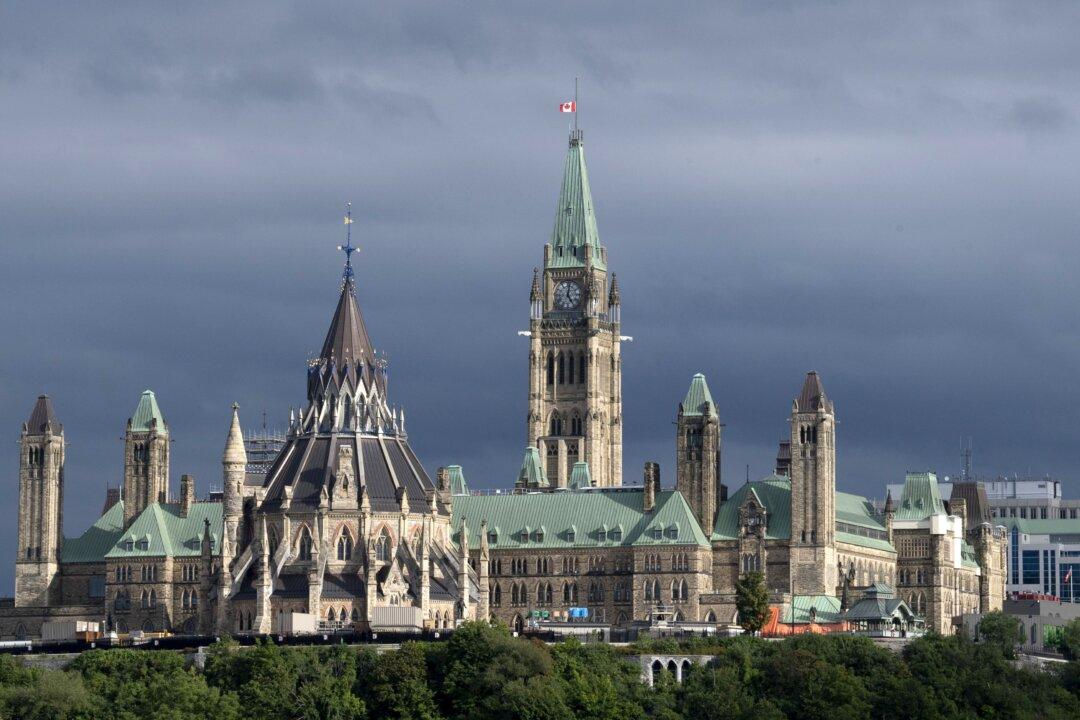Canadians are wary of Ottawa deciding what information on the internet is true or false, according to in-house federal research, which also found that few are likely to rely on federal government websites for information.
“Many participants expressed reservations about the Government of Canada telling Canadians what is true or false,” said a report by the Communications Security Establishment (CSE) and obtained by Blacklock’s Reporter.





